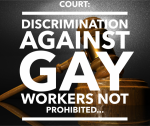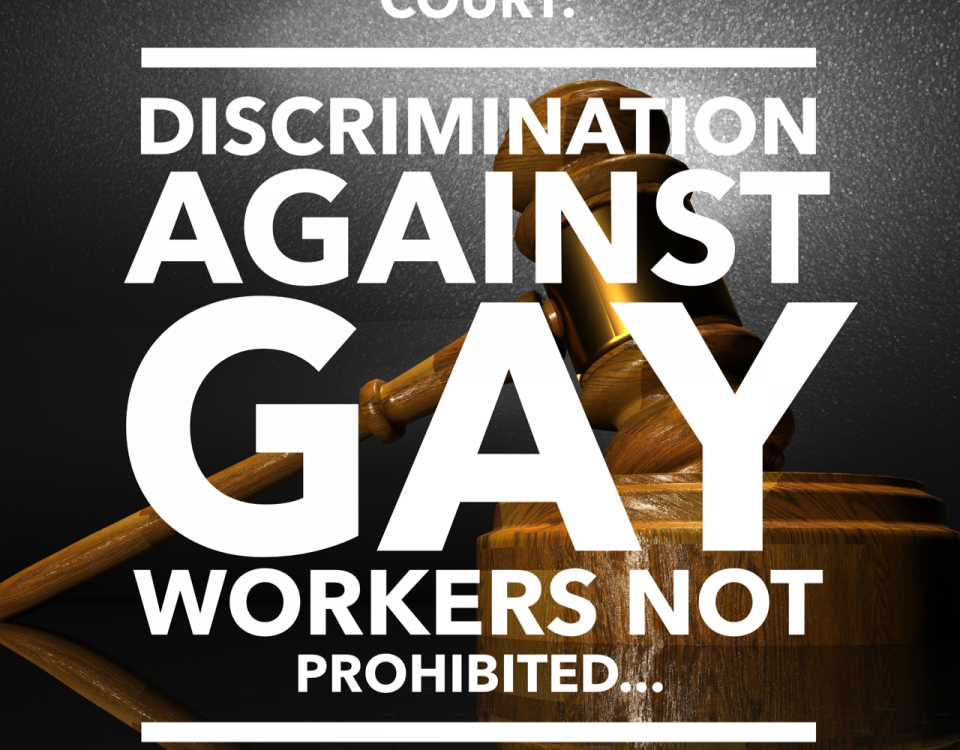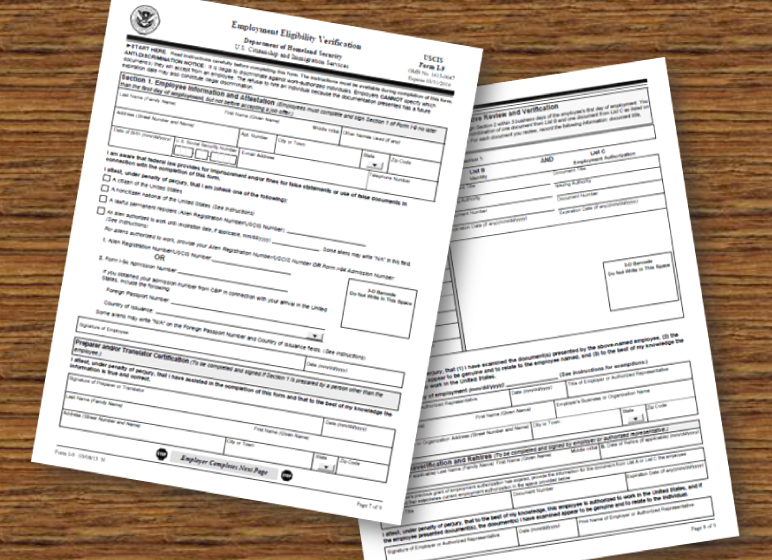
Joseph Williams: Member Spotlight (March 2017)
March 1, 2017
Court: Discrimination against gay workers not prohibited…
March 15, 2017(NAAAHR Atlanta’s General Counsel Damon Elmore shares his thoughts in this article published in the February 24, 2017 issue of Corporate Counsel.* What is important is that in this environment/landscape, training and setting expectations for employees on what is acceptable behavior will be a big deal. What Damon thinks is most important, is that leadership (C-suite and HR), will be responsible for setting the tone regardless.
Do you have thoughts or comments on the matter? Leave a comment below for Damon or feel free to contact him directly using the contact information at the bottom if this article.
With President Donald Trump rolling back protections for transgender students on Wednesday by canceling his predecessor’s policy on the matter, employment attorneys say legal departments may need to brace for changes in the workplace.
In May 2016, the Obama administration issued a “Dear Colleague” letter to local school authorities advising them on how to construe Title IX of the Education Amendments of 1972. The letter, from the Civil Rights Division of the U.S. Department of Justice and the U.S. Department of Education, stated that Title IX’s prohibition against sex discrimination includes “discrimination based on a student’s gender identity, including discrimination based on a student’s transgender status.” It went on to inform schools that they must allow transgender students to access restrooms consistent with their gender identity.
Despite Trump’s pledge while campaigning to do everything in his power to protect LGBTQ Americans, on Feb. 22, the president’s administration rescinded the Obama administration’s directive, noting that there must be “due regard for the primary role of the States and local school districts in establishing educational policy.”
While the rescinded directive has no impact on laws in place for employers, it’s not hard to imagine how the Trump administration’s action could bleed into the workplace, said Michelle Lee Flores, a member at law firm Cozen O’Connor. “Could this open the floodgates for endeavors to try to make this something that is handled on the state level?” she asked. “I certainly have that concern.”
She doesn’t believe this would be easy to do, though. “I cannot imagine what it would take to try [to] … unwind this and not have it as a protection,” she said, referring to the protections for transgender individuals offered by the Civil Rights Act and the U.S. Department of Labor’s Occupational Safety and Health Administration. “Given everything that’s happened, I wouldn’t put this past this administration to try. But I think it would be a formidable battle.”
The change may also create clashes in the workplace brought on by what’s perceived as acceptable, said Damon Elmore, a member at law firm Nowell Sparks. “With this type of rollback, some may get the sense that there’s an environment that’s OK [with prejudice against transgender people] now,” he explained. “It gets back now to the degree of civility that employers may have to prepare for.”
To prepare for this, employers should set clear expectations with employees and should consider additional training around what is and is not accepted in the workplace, Elmore said.
Rescinding the guidance to schools may also be indicative of what is to come with the U.S. Equal Employment Opportunity Commission, said Cynthia Augello, a partner at law firm Cullen and Dykman in Garden City, New York.
The commission issued guidance to employers in last May on how Title VII of the Civil Rights Act applies to transgender people in the workplace, but with new leadership in the EEOC, “things are probably going to change,” Augello said. “I think they are going to tone it back a little bit and maybe take away some of the most recently added protections, but probably not completely.”
Given this unsettled landscape, employers would do well to err on the side of being more protective than less protective, Augello said. “Everyone is in uncharted territory and choppy waters,” Augello said. “It would be in the best interest for all employers to revisit their policies, make sure they are up to date and that they are doing training and that employees are aware of policies and procedures to report harassment.”
*Source: Williams-Alvarez, J. (2017, Feb 24). With Trump Rolling Back Transgender Rights What Should Employers Know. Corporate Counsel. Retrieved from http://www.corpcounsel.com/home/id=1202779907147/With-Trump-Rolling-Back-Transgender-Rights-What-Should-Employers-Know?mcode=1202617073467&curindex=0&slreturn=20170127104629

We’d love to hear from YOU! If you have any questions or suggestions, feel free to contact Damon directly at (404)518-5759 or [email protected].
DISCLAIMER: The information provided in this feature is provided for informational purposes only. No part of any information contained herein should be construed as legal advice on any subject matter. No recipients of content from this site should act or refrain from acting on the basis of any content included in the site without seeking the appropriate legal or other professional advice on the particular facts and circumstances at issue from an attorney licensed in the recipient’s state. The content of this Website contains general information and may not reflect current legal developments, opinions, decisions, verdicts or settlements. NAAAHR, and NAAAHR Atlanta expressly disclaim all liability in respect to actions taken or not taken based on any or all the contents of this Website.





